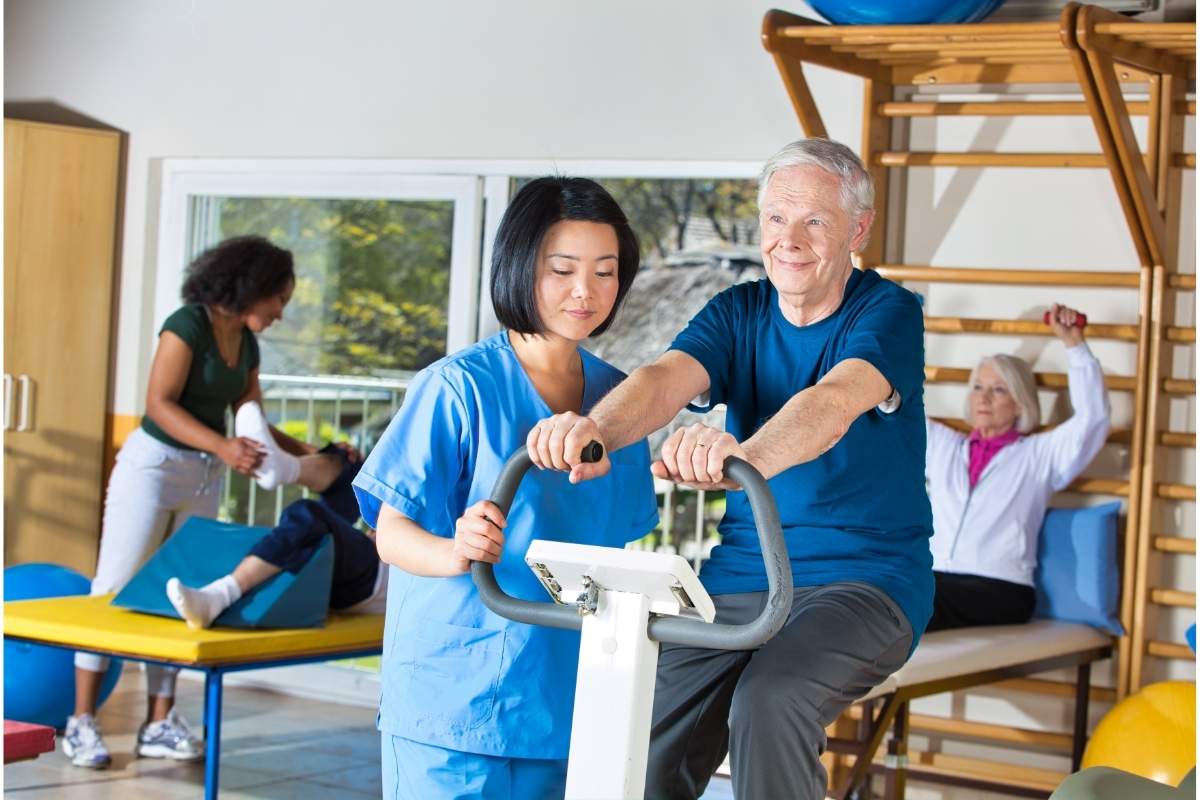Authors: Carls GS, Tuttle E, Tan RD, Huynh J, Yee J, Edelman SV, Polonsky WH.
Abstract
Objective: The objective of this study was to estimate and explain the gap between clinical efficacy and real-world (RW) effectiveness of type 2 diabetes medications.
Research design and methods: This mixed-methods quasi-experimental study used retrospective claims (Optum/Humedica) to compare the change in HbA1c of RW patients with type 2 diabetes 12 months after starting a glucagon-like peptide 1 receptor agonist (GLP-1 RA) or dipeptidyl peptidase 4 (DPP-4) inhibitor with published findings from randomized controlled trials (RCTs) evaluating these drugs. Selected RW patients were similar to RCT patients, and regression analysis was used in the RW data to adjust for differences between poorly adherent and adherent patients to explain why RCT and RW findings may differ.
Results: RW patients initiating a GLP-1 RA (n = 221) or a DPP-4 (n = 652) experienced smaller reductions in HbA1c (GLP-1 RA: -0.52% [-6 mmol/mol], DPP-4: -0.51% [-6 mmol/mol])than reported in RCTs (-1.30% [-14 mmol/mol] from seven GLP-1 RA RCTs, n = 2,600; -0.68% [-8 mmol/mol] from four DPP-4 RCTs, n = 1,889). Baseline HbA1c, additional medications, and adherence were significant explanatory factors in the RW HbA1c change. Modeled estimates of RCT efficacy (-1.04% GLP-1 RA [-12 mmol/mol], -0.69% DPP-4 [-8 mmol/mol]) were within the RCTs’ reported range (GLP-1 RA: -0.84% to -1.60% [-9 to -18 mmol/mol], DPP-4: -0.47% to -0.90% [-5 to -10 mmol/mol]). Poor medication adherence accounted for approximately three-fourths of the gap between RW and expected RCT results (gap = 0.51% [6 mmol/mol] GLP-1 RA; 0.18% [3 mmol/mol] DPP-4).
Conclusions: Poor medication adherence is primarily why RW effectiveness is significantly less than RCT efficacy, suggesting an urgent need to effectively address adherence among patients with type 2 diabetes.


